Building Self-Esteem in Children
Empowering Confident Futures
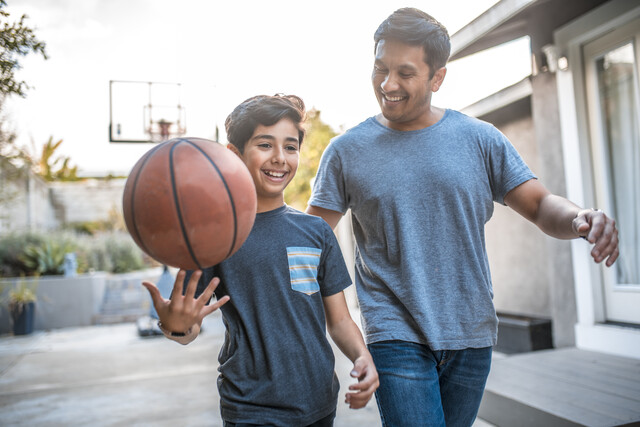
5 Hours average completion time
0.5 CEUs
13 Lessons
24 Exams & Assignments
60 Discussions
13 Videos
14 Reference Files
103 Articles
Mobile Friendly
Last Updated January 2026
Building Robust Self-Esteem in Children
Self-esteem is more than just a buzzword; it's the very foundation of confidence, resilience, and emotional health. Understanding the nuances of self-esteem can be the key to unlocking a child's potential. Dive into our course, "Building Self-Esteem in Children," and equip yourself with the tools to uplift, inspire, and fortify the young minds around you.
Our class transcends basic knowledge, delving into the profound intricacies of self-esteem's role at every pivotal stage of a child's life-from the tender moments of infancy, the discovery-filled elementary years, the tumultuous storms of middle and high school, to the introspective phase of young adulthood. Recognize, respond, and adapt to the unique challenges and opportunities each phase presents.
Words have power-more than we often realize. Our course emphasizes the lasting impact of the words we choose, teaching you to communicate with affirmation and positivity. Master the art of active listening, an invaluable skill in understanding and nurturing a child's self-worth. We will also guide you in shaping values and core beliefs, allowing children to anchor themselves in a world of rapid change.
Moreover, to truly resonate with children, introspection is key. This course encourages participants to embark on a personal journey, evaluating and bolstering their own self-esteem. By fostering a healthier self-view, you're better poised to be an influential beacon for young minds.
Embark on this transformative journey with us. Nurture self-esteem, cultivate potential, and lay the groundwork for a brighter, more empowered future. One child at a time, we have the power to change the world. Join us, and be that change.
- Guide children through peer challenges
- Promote resilience through positive thinking
- Foster nurturing self-esteem environments
- Encourage empathy and respect
- Master active listening skills
- Enhance communication with affirmations
- Strengthen personal values and beliefs
- Balance confidence with humility
- Develop positive role model behaviors
-

Critical Thinking Skills
-

Understanding Learning Styles
-

Serial Killers 101
-

Contract Law 101 - An Introduction
-

Math All-In-One (Arithmetic, Algebra, and Geometry Review)
-
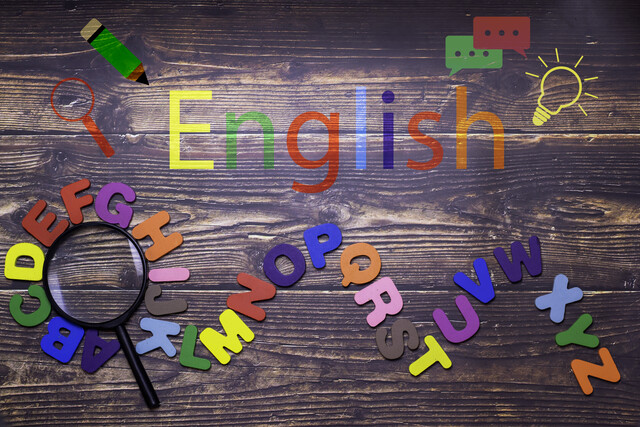
ESL Basic Writing Skills
-

Learn HTML - Create Webpages Using HTML5
-

Retirement Tips
-

Business Law for Entrepreneurs
-

Building Self Esteem
-

Child Safety for Parents
-
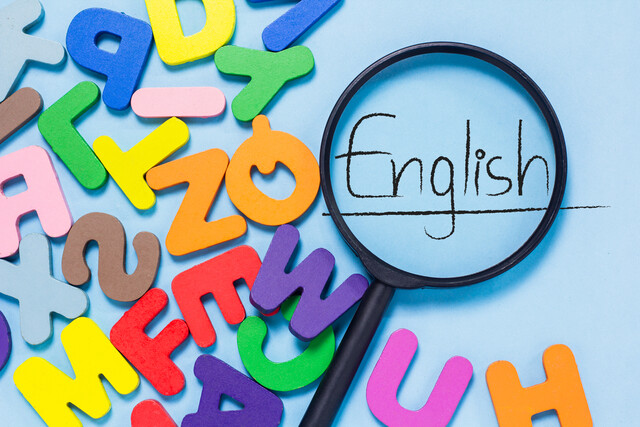
ESL Grammar Skills Level 5
-

Empowerment for Single Parents
-
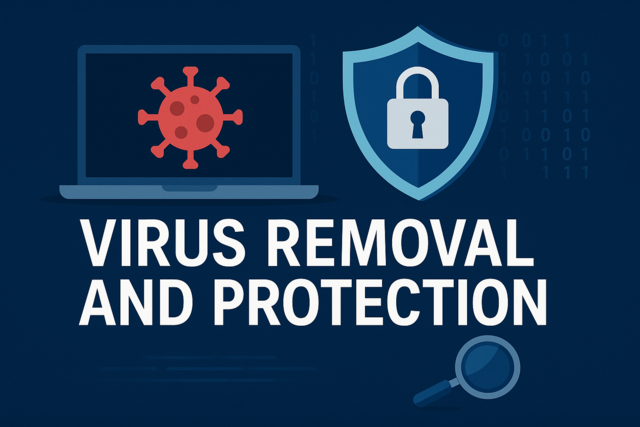
Virus Removal and Protection
-

Assertiveness Training
-

The Modern Travel Agent
-

Goal Setting for Business
-

Pre-Columbian Mythology
-

Confidence Building
-

Understanding Addictions
-

Team Management and Leadership
-

Introduction to Ethics
-

Understanding Childhood Obesity
-
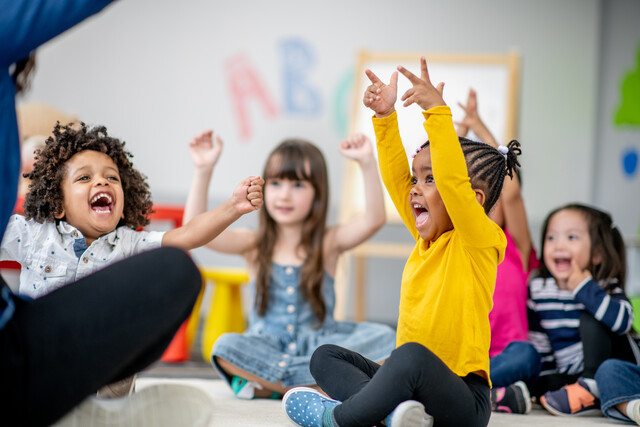
Behavior Management 101
-
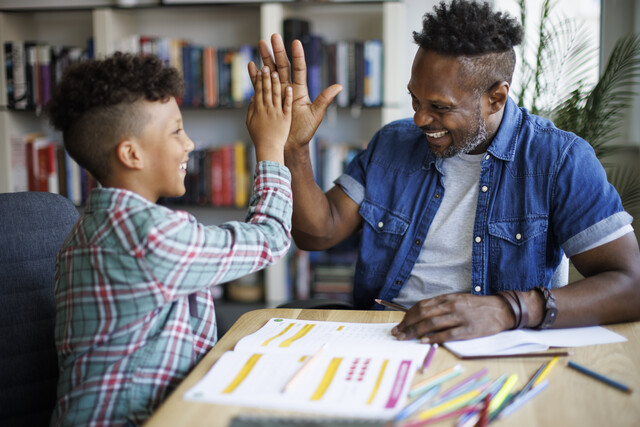
Basic Parenting Skills
